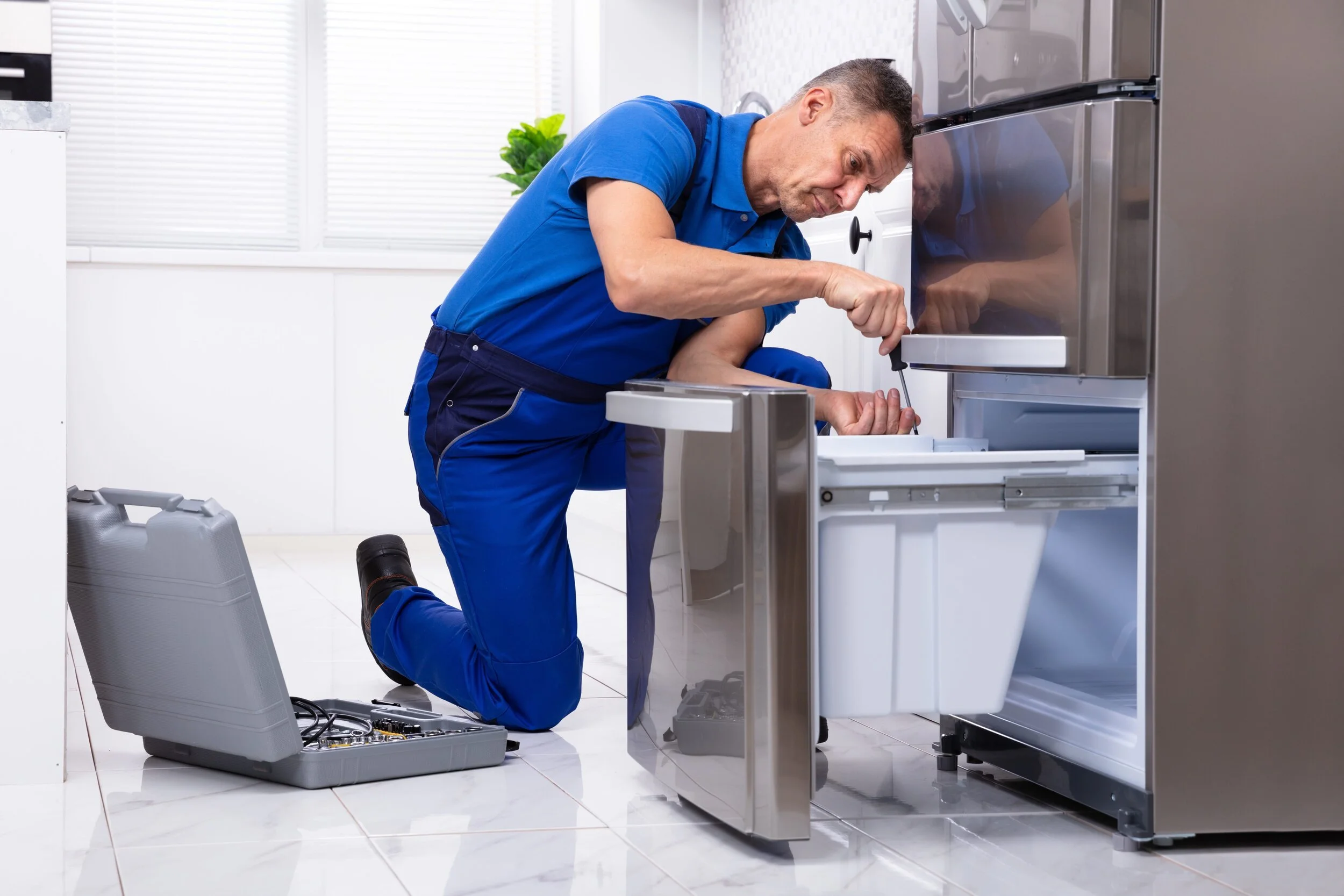Maintaining your vehicle is not just about preventing sudden breakdowns; it’s a proactive approach to ensuring that your car performs at its best over the long haul. Every vehicle, no matter how well-built, is subject to wear and tear from daily use, and without proper care, small issues can quickly escalate into major, costly repairs. Routine tasks like oil changes, tire rotations, brake inspections, and fluid checks may seem minor, but they collectively play a significant role in extending the life of your car and improving its reliability on the road.
In addition to preventing breakdowns, regular maintenance helps optimize your vehicle’s performance. Modern cars are equipped with sophisticated technology and systems that need consistent attention to function smoothly. From the engine and transmission to electronics and safety features, each component requires periodic inspections to ensure everything is in sync. Ignoring maintenance can lead to reduced fuel efficiency, sluggish performance, and even compromised safety.
By taking a proactive approach to vehicle maintenance, you’re not only protecting your investment but also ensuring a safer, more efficient driving experience. Ultimately, regular upkeep is the foundation of keeping your vehicle in peak condition, allowing you to enjoy reliable transportation and peace of mind for years to come.
Preventing Costly Repairs
One of the most compelling reasons for regular vehicle maintenance is its ability to prevent expensive repairs down the line. Cars are complex machines with many interconnected parts, and a small issue in one area can often lead to bigger problems if left unchecked. For instance, neglecting routine oil changes can cause the engine to overheat, leading to significant engine damage that could cost thousands to repair. Similarly, worn brake pads, if not replaced in time, can damage rotors, increasing repair costs significantly.
Regular maintenance acts as a safeguard by catching these issues early. A simple inspection or tune-up can identify potential problems before they escalate, allowing for more affordable repairs. Mechanics can spot warning signs like worn belts, leaks, or tire damage that could lead to serious malfunctions if ignored. Addressing these small repairs promptly not only saves you money but also prevents the inconvenience of unexpected breakdowns.
In the long run, investing in routine maintenance helps you avoid the financial strain of major repairs. A well-maintained vehicle is less likely to suffer from severe mechanical issues, providing you with greater peace of mind and protecting your wallet from hefty, unexpected expenses.
Improved Fuel Efficiency
Regular vehicle maintenance not only keeps your car running smoothly but also plays a crucial role in maintaining and even improving fuel efficiency. When components of your vehicle, such as the engine, tires, and air filters, are properly maintained, the entire system runs more efficiently, reducing the amount of fuel needed for optimal performance. One often overlooked part in this equation is the driveshaft a key component that transfers power from the engine to the wheels.
A well-maintained driveshaft ensures that power is efficiently delivered to the wheels, minimizing energy loss during acceleration and driving. If the driveshaft is worn or damaged, it can create resistance or imbalance, which causes the engine to work harder and consume more fuel. This not only impacts fuel efficiency but can also lead to further strain on other parts of the vehicle, increasing the likelihood of wear and tear. Regularly inspecting and maintaining the driveshaft, alongside other components, helps ensure that your car continues to run at peak efficiency.
In addition to driveshaft maintenance, keeping up with routine services such as tire pressure checks, oil changes, and air filter replacements will all contribute to better fuel economy. Over time, these small steps add up, helping you save money at the pump while reducing the overall environmental impact of your vehicle.
Enhancing Vehicle Safety
Safety is paramount when it comes to driving, and regular vehicle maintenance plays a critical role in ensuring that your car is safe on the road. Many essential components, such as brakes, tires, lights, and steering systems, need consistent attention to function properly and provide the protection you rely on during daily commutes or long journeys. Neglecting these parts can lead to dangerous situations, putting both you and other drivers at risk.
For example, worn-out brake pads or low brake fluid can severely impact your vehicle’s stopping ability, which is especially hazardous in emergencies. Likewise, driving on bald or underinflated tires increases the likelihood of blowouts or poor traction, especially in adverse weather conditions. Routine maintenance, such as brake inspections and tire rotations, ensures that these critical safety features are always in top condition, reducing the chance of accidents.
Additionally, regular maintenance allows for the early detection of issues that may not be immediately noticeable, such as alignment problems or steering irregularities. Addressing these concerns early can prevent accidents caused by poor handling or loss of control. By maintaining your vehicle’s essential safety systems, you ensure a more secure driving experience for you, your passengers, and everyone else on the road.
Extending the Lifespan of Your Vehicle
One of the most significant benefits of regular maintenance is its ability to extend the overall lifespan of your vehicle. Like any machine, a car’s components wear down over time, but with proper care and timely repairs, you can significantly delay the aging process. Routine maintenance helps ensure that your vehicle’s critical systems, from the engine to the transmission and suspension, remain in optimal working order, allowing your car to run smoothly for years to come.
Regular oil changes, for instance, keep the engine lubricated and reduce friction, preventing premature wear on engine parts. Similarly, replacing worn belts, hoses, and filters before they fail avoids the strain that malfunctioning components can place on other systems. The driveshaft, a key part of your vehicle’s drivetrain, also benefits from regular inspections and maintenance. Keeping it in good condition prevents costly damage to your transmission and differential, both of which are essential for your car’s performance and longevity.
By investing in regular maintenance, you’re protecting your vehicle from unnecessary stress and damage that can shorten its life. In the long run, a well-maintained car not only saves you money on repairs but also holds its value better, providing you with reliable transportation and greater resale value. Regular care truly makes the difference between a vehicle that lasts a few years and one that continues running smoothly for a decade or more.
Conclusion: The Value of a Well-Maintained Vehicle
In the fast-paced world we live in, it’s easy to overlook the importance of regular vehicle maintenance. However, taking the time to keep your car in peak condition pays off in many ways. From preventing costly repairs and improving fuel efficiency to enhancing safety and extending the lifespan of your vehicle, regular maintenance is an investment that provides long-term benefits. Each component, whether it’s the driveshaft, brakes, or engine, works together to ensure smooth, efficient performance and maintaining these parts keeps your car running at its best.
A well-maintained vehicle is not just about reliability; it’s about peace of mind. Whether you’re commuting to work, taking a road trip, or simply running errands, knowing that your car is in optimal condition allows you to drive with confidence. Ultimately, staying on top of maintenance not only protects your vehicle but also ensures you get the most out of your investment, enjoying safe and efficient driving for years to come.










